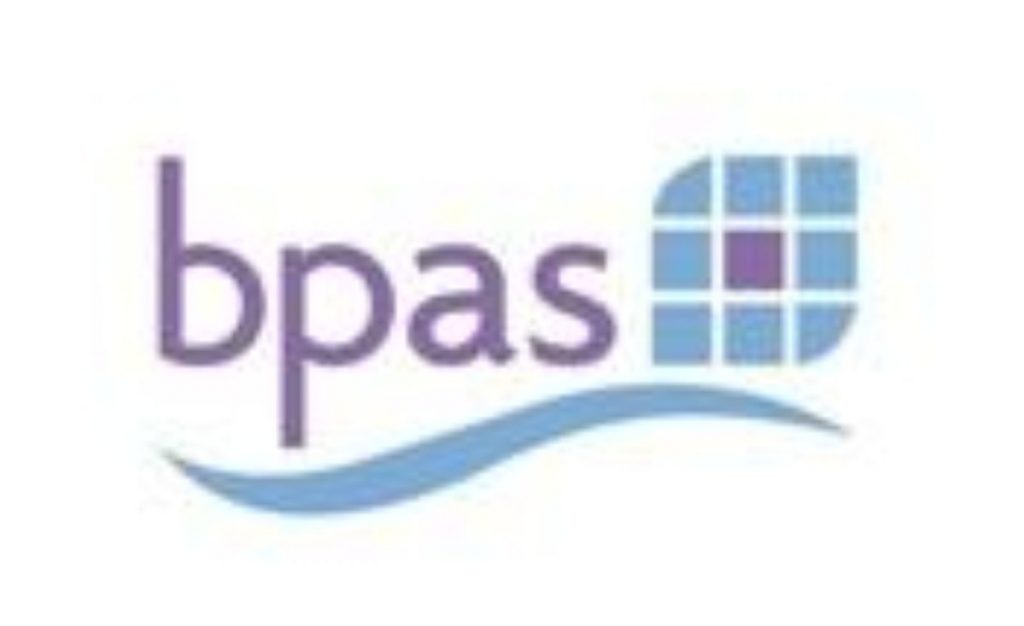Bpas: 2010 abortion statistics for England and Wales published
The data indicates the number and rate of abortions in England and Wales have remained stable, with 17.5 abortions per 1,000 women in 2010 – and 474 more abortions than the previous year.
The figures also show that the proportion of abortions carried out at under ten weeks has continued to rise: in 2010 some 76% of NHS-funded abortions took place at under 10 weeks’ gestation, compared to 74% in 2009. This shift towards earlier abortions can be explained by a number of factors, including over-the-counter access to highly sensitive tests that can detect pregnancies even before a period has been missed, the fact that many women can now self-refer themselves directly into services, and most importantly the increasing availability of Early Medical Abortion, or the abortion pill, which allows abortion to be carried out in the earliest weeks of pregnancy when surgical methods may not be an option.
The proportion of abortions carried out in the second trimester remains stable at about 9%, reflecting the more complex circumstances of these women which are unlikely to be addressed by improved access to services. In 2010, 2,290 abortions (1%) were carried out under ground E, which the risk that the child would be born handicapped.
The number of abortions carried out for women who have already had one or more previous terminations accounts remains at about a third of all procedures, or 34%, a figure in line with international research from countries where women have had access to abortion across their reproductive lifetimes, and where abortion is seen as a key component of a woman’s ability to plan the timing and size of their families and to play a full role in society. The statistics show that in 2010, half of women undergoing abortions were already mothers.
Ann Furedi, bpas chief executive said: “It is notable that numbers have remained stable despite increasing investment in and promotion of longer-term methods of contraception. This shows how difficult it is for women to prevent unwanted pregnancies. Abortion is not a problem in itself. For many women abortion is a back-up to their contraception. It is a rational and ethical solution to the problem of a pregnancy that they cannot continue with.
“We must do what we can to reduce the need for abortion while accepting that it will always be an important back-up for women whose contraception has failed, or whose circumstances have changed. Our challenge is to ensure abortion remains as accessible as possible for those women who need it.”
Please use this link www.abortionreview.org for analysis of the issues arising from the latest data set, including:
1. General trends
2. Early abortion
3. Later abortion and choice of method
4. Repeat abortion
5. Age at abortion
6. Abortion for fetal anomaly
For further information or to request an interview, please contact the bpas press office on 0207 612 0206 or 07788 725185
About bpas
Approximately 55,000 women each year have treatment for termination of pregnancy at bpas after attending for non-directive pregnancy counselling and information, which is monitored by and registered with the Department of Health. More than 90% of bpas work is carried out on behalf of the NHS.
bpas is regulated by the Care Quality Commission, Healthcare Inspectorate Wales, NHS Quality Improvement Scotland and the Department of Health. bpas works closely on policy and training issues with the Royal College of Nursing, Royal College of Obstetricians and Gynaecologists, and the Faculty of Family Planning and Reproductive Health Care. bpas is a research-led organisation and facilitates academic and Department of Health research projects under the scrutiny of its independently-constituted Research Ethics Committee.
The British Pregnancy Advisory Service (registered charity number 289145) was set up in 1968 after the implementation of the 1967 Abortion Act in order to provide services, train doctors and provide premises for safe legal abortion, at a time when the NHS not always able or prepared to provide abortion services.
bpas’ abortion treatments, comprehensive counselling services, male and female contraceptive and sterilisation services and sexually transmitted infection testing and treatment are all not-for-profit. All of the charity’s services are conducted according to the relevant professional guidance under the scrutiny of bpas’ Clinical Governance Committee, which involves independent experts in its membership.
For further information about the charity or its services, please see www.bpas.org





-01.png)